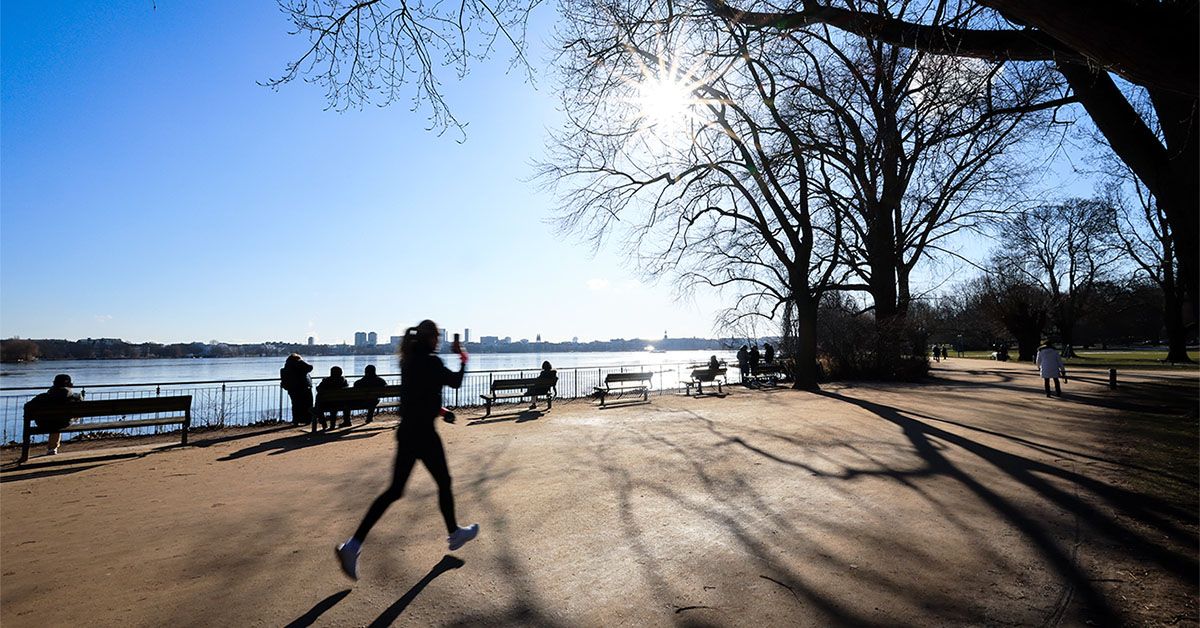Aging: How Lifestyle Choices Shape Our Lifespan
Understanding the Science of Aging
Aging is a complex and inevitable biological process influenced by a variety of factors including genetics, lifestyle, and environment. Researchers have long sought to decode the mechanisms of aging to potentially slow it down or even reverse some of its effects.
The modern scientific community largely agrees that lifestyle choices wield considerable power over not only our quality of life but our longevity as well.
The Impact of Smoking on Aging
Smoking is identified as one of the most detrimental habits influencing aging. This habit accelerates cellular aging and is linked to numerous age-related diseases, diminishing both lifespan and life quality.
“Smoking is one of the largest causes of premature deaths globally. Quitting can greatly improve life expectancy." - World Health Organization.
By choosing to quit smoking, individuals can greatly reduce their risk of developing diseases such as cancer, heart disease, and COPD, which are prevalent in older populations.
The Role of Physical Activity
Regular exercise is a powerful tool for promoting longevity. Engaging in physical activity has been shown to reduce the risk of chronic diseases, improve mental health, and boost overall well-being.
- Boosts cardiovascular health and reduces heart disease risk
- Enhances mental acuity and reduces depression and anxiety
- Helps maintain a healthy weight, reducing strain on vital organs
- Promotes healthy aging at the cellular level, especially in muscle tissues
Engaging in activities such as walking, swimming, or yoga can significantly enhance life's quality and duration.

Synergy Between Lifestyle Factors and Genetic Makeup
While lifestyle choices are major players in the aging process, genetic factors cannot be discounted. Research indicates a symbiotic relationship between our DNA and our daily habits.
Genetically inclined individuals to live longer can negate those benefits through poor lifestyle choices. Conversely, those without genetic longevity can significantly extend their lifespans by maintaining a healthy lifestyle.
Read more about genetics and longevity.Linking Living Conditions and Longevity
The environment we live in plays a critical role in shaping our aging process. Factors such as air quality, stress levels, and social interactions contribute significantly to our overall health and lifespan.
Areas with clean air, green spaces, and strong community ties often see inhabitants living longer, healthier lives.
> World Health Statistics - Ambient Air QualityMoving Forward: Improving Longevity through Informed Choices
At the heart of this research is the promise of a longer, healthier life through informed choices. From quitting smoking to engaging in regular physical activity, individuals have the power to influence their longevity significantly.
With continued research and greater awareness, the future of aging could transform our understanding as we develop more personalized health strategies.
For those interested in exploring exercises or techniques to enhance their lifestyle, consider products like adjustable weight sets from Amazon for home workouts.

More fascinating studies and advancements in healthy aging are being shared regularly. Stay updated with the latest in medical news and practice evidence-based lifestyle changes for optimal health outcomes.
Follow renowned health advocates like @DrEricDingle for insightful health tips and discussions.
